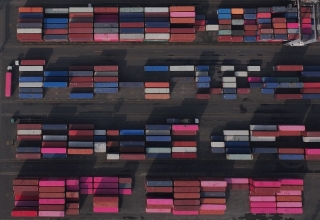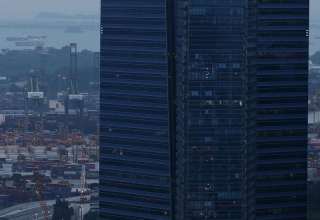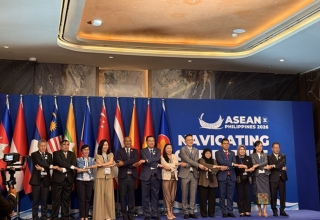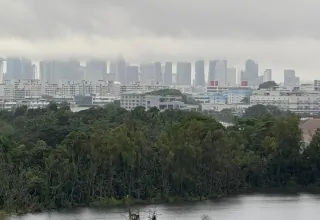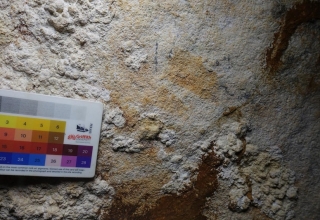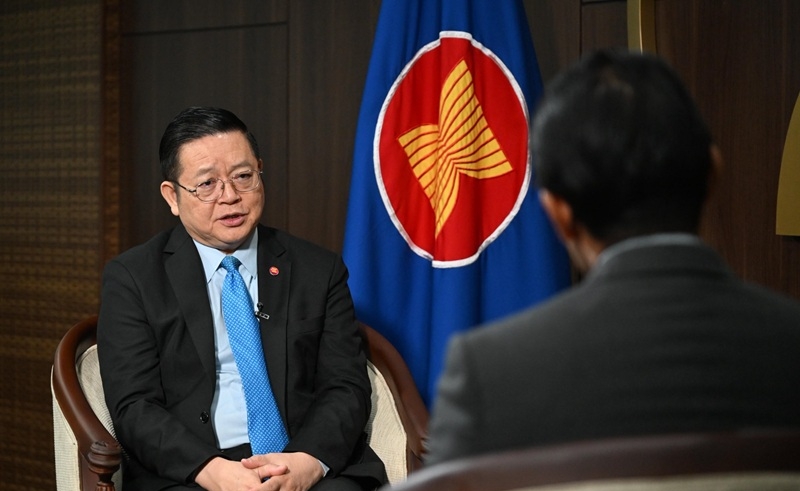
The Malaysian Employers Federation (MEF) is backing the government’s plan to let public officials work from home ahead of the 46th ASEAN Summit. The MEF points out that steps should be taken to guarantee there is no disruption for companies in areas where the summit results in temporary closures. Datuk Dr Syed Hussain Syed Husman, head of the Malaysian Employers Federation, said that before any WFH rule is introduced, it is important to engage employers, trade unions and local authorities, mainly in the private sector because technology and service challenges remain.
Balanced Implementation Key to Success
According to Dr Syed Hussain, the more WFH is practiced during the summit, the less crowded the roads are likely to be, as long as this is reasonable for every company. He cautioned that restaurants and transport services close to the summit areas might suffer if their operations are blocked. He pointed out that productivity can be maintained only when there is enough infrastructure which includes systems for monitoring performance, securing data and reliable technology. Cooperation between the government and businesses helps any WFH policy be successful.
WFH Seen as Future-Ready Policy Shift
MEF named the government’s WFH initiative an important step that might bring broader hybrid work policies to the public sector. PSD had earlier asked civil servants impacted by traffic congestion to start applying for WFH, beginning with summit-related meetings on May 23. Tan Sri Wan Ahmad Dahlan, head of the Director-General of PSD, says that a number of WFH applications have been approved. To back up this approach, Dr Sathiskumar K. Muthusamy from Hospital Putrajaya noted that WFH improves work-life balance and does not typically decrease productivity since civil servants are increasingly comfortable with digital tools

